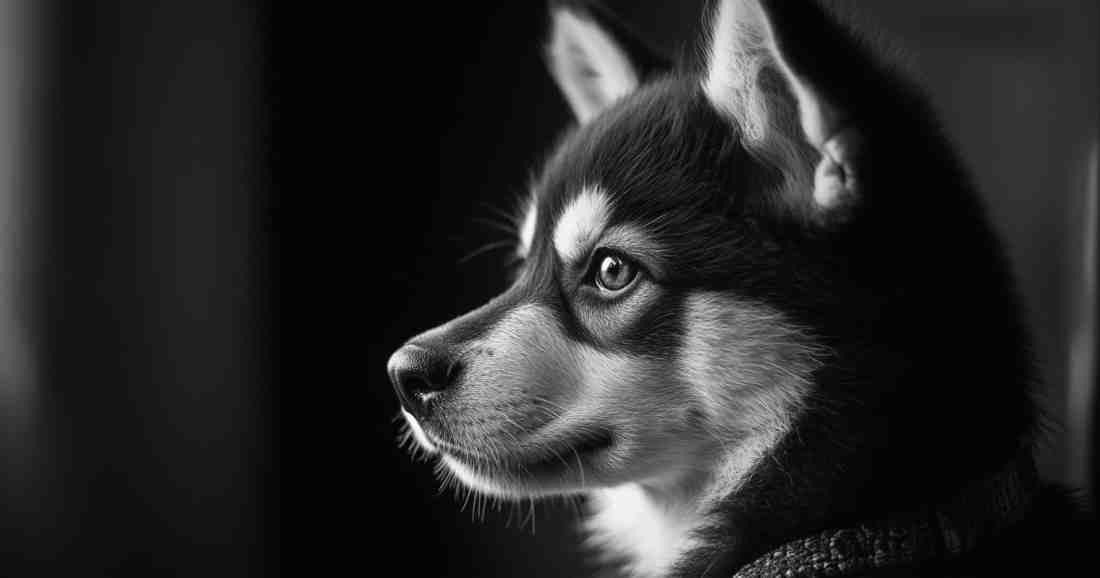
Should I Get a Siberian Husky Quiz Find Out If This Energetic and Independent Breed Is Right for You! Have you been considering getting a Siberian Husky? The Should I Get a Siberian Husky Quiz will help you determine whether this energetic, intelligent, and adventurous breed is the right fit for your lifestyle. Huskies are known for their striking appearance, high endurance, and playful nature, but they also require dedicated training, exercise, and care. Taking the Should I Get a Siberian Husky Quiz will provide valuable insights into whether this strong-willed and active breed is the perfect companion for you.
Siberian Huskies were originally bred as sled dogs in harsh Arctic conditions, giving them incredible stamina and resilience. They are highly social but also independent, making them both loving and challenging pets. If you’re unsure whether this breed suits your lifestyle, the Should I Get a Siberian Husky Quiz will help you decide.
What Makes Siberian Huskies Unique?
- Extremely energetic? Huskies need plenty of daily exercise and mental stimulation.
- Highly intelligent but independent? Training requires patience and consistency.
- Love the cold? Their thick double coat keeps them warm in freezing temperatures.
- Prone to escaping? Huskies are skilled escape artists and need secure fencing.
Should I Get a Siberian Husky Quiz – Understanding Their Temperament and Behavior
Siberian Huskies are friendly, outgoing, and full of personality. While they love being part of a family, they are not overly attached and enjoy their independence. They are not ideal for first-time dog owners due to their stubborn nature and strong prey drive. If you’re wondering whether this breed suits your lifestyle, the Should I Get a Siberian Husky Quiz will help you assess your readiness.
- Good with families? Huskies are affectionate and get along well with children.
- Love to talk? This breed is vocal and communicates with howls and “talking” noises.
- Require a pack mentality? They thrive in environments where they feel included and engaged.
- Shed heavily? Their thick coat requires frequent grooming, especially during shedding season.
Fun Facts About Siberian Huskies
Siberian Huskies were bred by the Chukchi people in Siberia and later became famous for their role in the 1925 serum run to Nome, Alaska. Their incredible endurance allows them to run long distances without tiring. Unlike many breeds, Huskies are known for being friendly toward strangers, making them poor guard dogs. If you’re considering getting one, the Should I Get a Siberian Husky Quiz will help determine if this high-energy and adventurous breed is right for you.
Take the Should I Get a Siberian Husky Quiz Now
Still unsure if a Siberian Husky is the right breed for you? The Should I Get a Siberian Husky Quiz will assess your lifestyle, experience, and expectations to help you make an informed decision. Find out if this energetic and independent breed is your perfect match!
